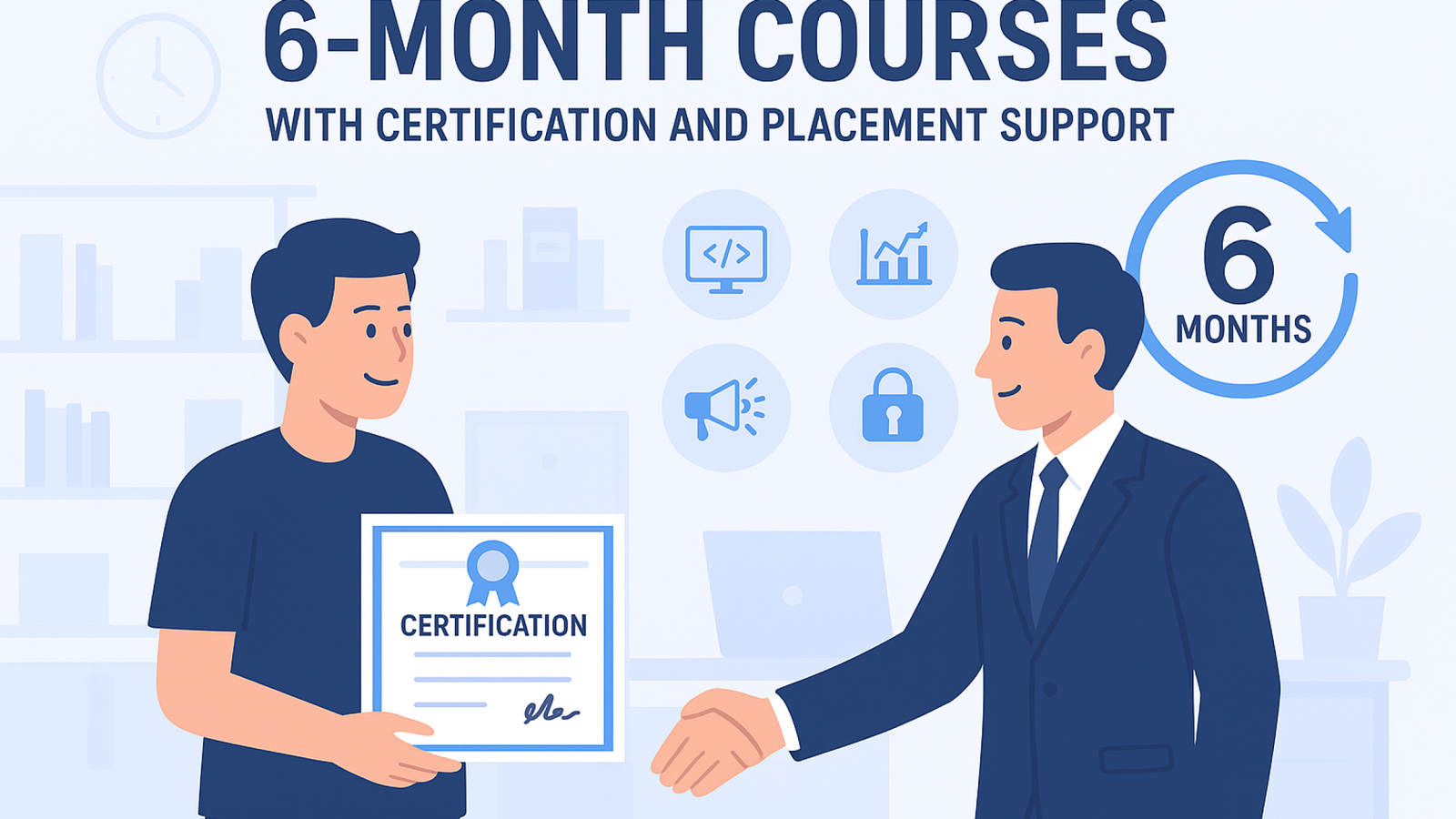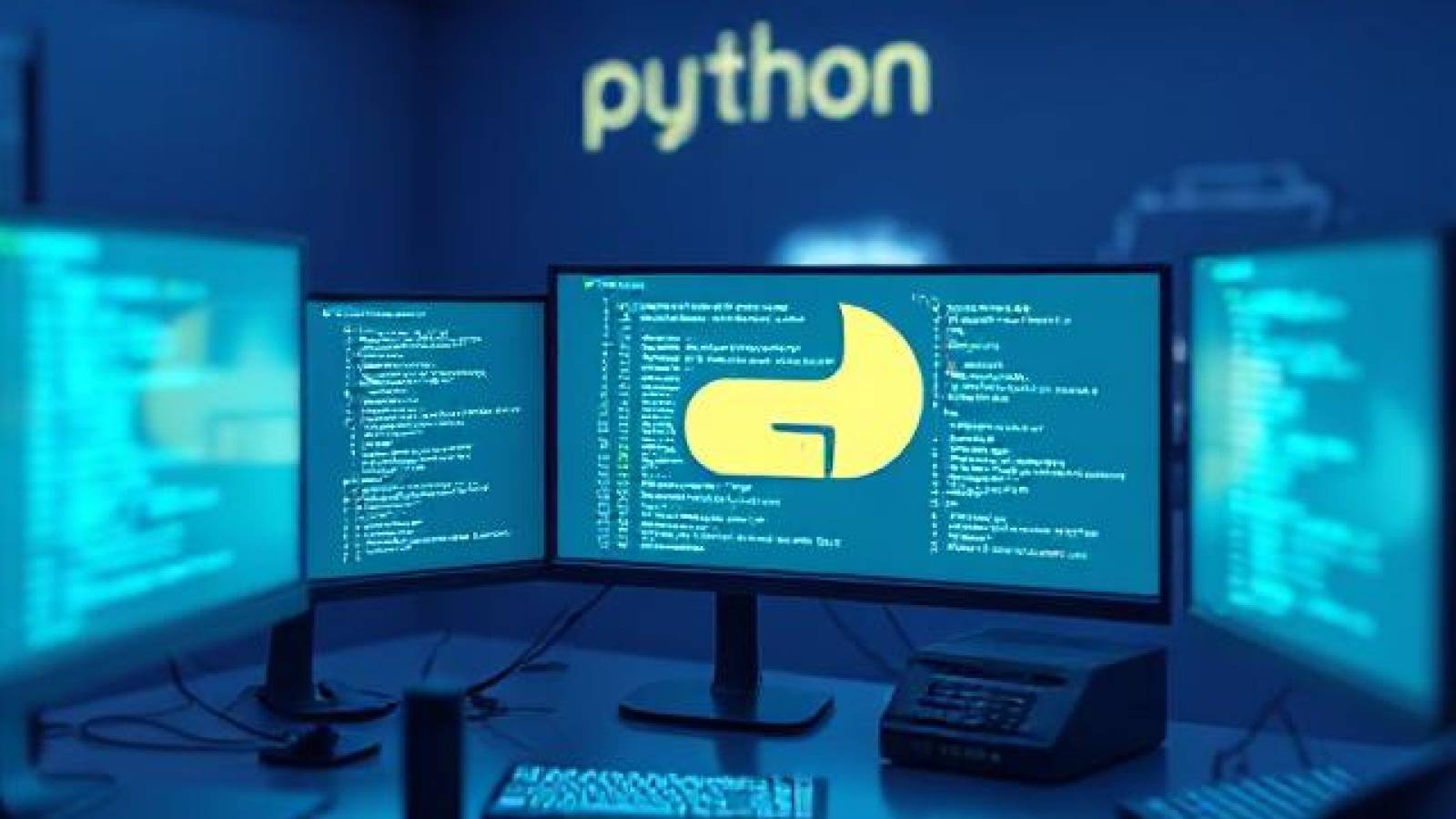Currently Empty: ₹0.00
Cloud Computing Course Fees A Complete Guide to Costs, Benefits, and ROI

Cloud Computing Course Fees: A Comprehensive Guide to Investing in Your Future
In today’s digital-first world, cloud computing has emerged as one of the most in-demand skills across industries. Whether you’re an IT professional looking to upskill or a beginner aiming to break into the tech industry, understanding cloud computing course fees is a critical step in making an informed decision about your education and career. At Cambridge Infotech, we believe in empowering learners with the right knowledge and skills to thrive in the cloud-driven era. In this blog, we’ll break down everything you need to know about cloud computing course fees, what factors influence them, and why investing in a cloud computing course is worth every penny.
Why Cloud Computing? The Skill of the Future
Before diving into the specifics of cloud computing course fees, let’s take a moment to understand why cloud computing is such a game-changer. Cloud computing is the backbone of modern technology, enabling businesses to store, manage, and process data on remote servers instead of local hardware. From startups to Fortune 500 companies, organizations are leveraging cloud platforms like AWS, Microsoft Azure, and Google Cloud to drive innovation, scalability, and cost-efficiency.
The demand for cloud professionals is skyrocketing, with roles like Cloud Architect, Cloud Engineer, and DevOps Specialist offering lucrative salaries and career growth opportunities. By enrolling in a cloud computing course, you’re not just learning a skill—you’re future-proofing your career.
Factors Influencing Cloud Computing Course Fees
The cost of a cloud computing course can vary significantly depending on several factors. Here’s a breakdown of what influences cloud computing course fees:
Course Level and Depth
- Beginner Courses: These are designed for individuals with little to no prior knowledge of cloud computing. They typically cover the basics and are more affordable.
- Advanced Courses: These courses dive deeper into specialized topics like cloud security, multi-cloud strategies, and DevOps. They tend to be more expensive due to their advanced curriculum.
- Certification Programs: Courses that prepare you for industry-recognized certifications (e.g., AWS Certified Solutions Architect, Microsoft Azure Administrator) often come with higher fees due to the added value of certification.
Training Provider
- Reputation and Expertise: Established institutions like Cambridge Infotech, with a proven track record of delivering high-quality training, may charge a premium for their courses.
- Instructor Quality: Courses led by industry experts or certified professionals often come with higher fees.
Course Format
- Online vs. Offline: Online courses are generally more affordable than in-person training due to lower overhead costs.
- Self-Paced vs. Instructor-Led: Self-paced courses are usually cheaper, while instructor-led programs with live sessions and personalized feedback tend to cost more.
Additional Resources
- Study Materials: Courses that provide comprehensive study materials, practice exams, and hands-on labs may have higher fees.
- Job Placement Assistance: Some programs include career support services, such as resume building and interview preparation, which can add to the overall cost.
Average Cloud Computing Course Fees: What to Expect
While cloud computing course fees can vary widely, here’s a general idea of what you can expect:
- Beginner Courses: ₹10,000 – ₹30,000
- Intermediate Courses: ₹30,000 – ₹60,000
- Advanced/Certification Programs: ₹60,000 – ₹1,50,000
At Cambridge Infotech, we offer a range of cloud computing courses tailored to different skill levels and budgets. Our goal is to provide high-quality training at competitive prices, ensuring that cost is never a barrier to learning.
People Also Ask
Common Questions About Cloud Computing Courses
What are the fees of cloud computing?
- The fees for cloud computing courses vary depending on the course level, training provider, and format. On average, beginner courses start at ₹10,000, while advanced certification programs can cost up to ₹1,50,000.
Can I learn cloud computing in 3 months?
- Yes, you can learn the basics of cloud computing in 3 months with a focused and structured course. However, mastering advanced concepts and earning certifications may take longer. For a detailed roadmap, check out this cloud computing learning path.
How much is a cloud computing course?
- The cost of a cloud computing course depends on factors like course depth, training provider, and additional resources. On average, fees range from ₹10,000 to ₹1,50,000.
Which cloud computing course is best?
- The best cloud computing course depends on your goals and skill level. For beginners, a foundational course is ideal, while experienced professionals may benefit from advanced certification programs like AWS Certified Solutions Architect or Microsoft Azure Administrator.
People Also Search For
Localized Cloud Computing Course Options
If you’re searching for cloud computing course fees near Bengaluru, Karnataka, or specifically in areas like Kammanahalli, Bengaluru, you’re in luck. Cambridge Infotech offers affordable and high-quality cloud computing courses in Bangalore, with flexible schedules to suit your needs. Here are some common search queries we address:
- Cloud Computing Course Duration and Fee: Our courses range from 3 months to 6 months, with fees starting at ₹10,000 for beginner programs.
- Cloud Computing Course Fees in Bangalore: We offer competitive pricing for our Bangalore-based courses, ensuring you get the best value for your investment.
- Cloud Computing Course Fees in India: Whether you’re in Bangalore, Mumbai, or Delhi, our online courses are accessible to learners across India at affordable rates.
- Cloud Computing Course Fees Near Me: If you’re looking for local training options, our Bangalore center is conveniently located and offers both online and offline courses.
- Cloud Computing Courses for Beginners: Our beginner-friendly courses are designed to help you build a strong foundation in cloud computing, even if you have no prior experience.
Why Invest in a Cloud Computing Course?
High ROI (Return on Investment)
- Cloud computing professionals are among the highest-paid in the IT industry. According to recent surveys, the average salary for a cloud architect in India ranges from ₹10–25 lakhs per annum, depending on experience and expertise.
- By investing in a cloud computing course, you’re setting yourself up for a high-paying career with excellent growth potential.
Industry-Recognized Certifications
- Many cloud computing courses prepare you for certifications from leading platforms like AWS, Azure, and Google Cloud. These certifications are highly valued by employers and can significantly boost your resume.
Hands-On Learning
- A good cloud computing course provides hands-on experience with real-world projects and labs. This practical knowledge is invaluable when applying for jobs or working on cloud-based solutions.
Future-Proof Your Career
- As more businesses migrate to the cloud, the demand for skilled professionals will only continue to grow. By acquiring cloud computing skills, you’re positioning yourself as a valuable asset in the job market.
How to Choose the Right Cloud Computing Course
With so many options available, choosing the right cloud computing course can be overwhelming. Here are some tips to help you make the best decision:
Define Your Goals: Are you looking to switch careers, upskill, or earn a certification? Your goals will determine the type of course you need.
Research the Curriculum: Ensure the course covers the topics and skills you want to learn.
Check Reviews and Testimonials: Look for feedback from past students to gauge the quality of the course.Compare Fees: While cost is important, don’t compromise on quality. Look for a course that offers the best value for your investment.
Look for Job Placement Support: If you’re looking to land a job after completing the course, choose a program that offers career assistance.
Why Choose Cambridge Infotech for Your Cloud Computing Course?
At Cambridge Infotech, we’re committed to helping you achieve your career goals through high-quality, affordable training. Here’s why our cloud computing courses stand out:
- Expert Instructors: Learn from industry professionals with years of experience in cloud computing.
- Comprehensive Curriculum: Our courses cover everything from the basics to advanced topics, ensuring you’re job-ready.
- Hands-On Labs: Gain practical experience with real-world projects and labs.
- Affordable Fees: We offer competitive cloud computing course fees without compromising on quality.
- Certification Preparation: Our courses prepare you for industry-recognized certifications, giving you a competitive edge in the job market.
Conclusion: Invest in Your Future Today
Understanding cloud computing course fees is just the first step in your journey to becoming a cloud professional. While the cost of a course is an important consideration, it’s equally important to focus on the value it provides. By investing in a high-quality cloud computing course, you’re not just spending money—you’re investing in a brighter, more secure future.
At Cambridge Infotech, we’re here to guide you every step of the way. Whether you’re a beginner or an experienced professional, our cloud computing courses are designed to help you succeed. Ready to take the first step? Explore our courses today and discover how we can help you achieve your career goals.
Learn more about
Bangalore, India’s tech hub, offers some of the best AI courses for aspiring professionals and enthusiasts. These courses cover essential topics like machine learning, deep learning, natural language processing, and computer vision, providing hands-on experience with industry-relevant tools and frameworks. Tailored for both beginners and advanced learners, the programs emphasize practical applications and real-world projects to build expertise. With experienced instructors and state-of-the-art facilities, these courses are designed to equip students with the skills needed to thrive in the rapidly evolving AI landscape.
Traditional marketing and digital marketing represent two distinct approaches to reaching audiences. Traditional marketing relies on conventional methods like print ads, TV commercials, and direct mail, offering a tangible and localized reach. In contrast, digital marketing leverages online platforms such as social media, search engines, and email campaigns, providing global accessibility, real-time analytics, and targeted audience engagement. While traditional marketing excels in building trust and brand recognition, digital marketing offers cost-effectiveness, scalability, and measurable results. Businesses often benefit from integrating both strategies to maximize their reach and impact.
A web development roadmap for 2025 by Cambridge InfoTech, likely outlining the essential skills, tools, and technologies developers will need to stay ahead in the evolving digital landscape. The roadmap probably emphasizes emerging trends such as AI integration, progressive web apps (PWAs), serverless architecture, and advanced frameworks. It may also highlight the importance of mastering responsive design, cybersecurity, and cloud computing, ensuring developers are well-equipped to build scalable, user-centric applications in the future. For a detailed breakdown, visiting the site directly is recommended.







